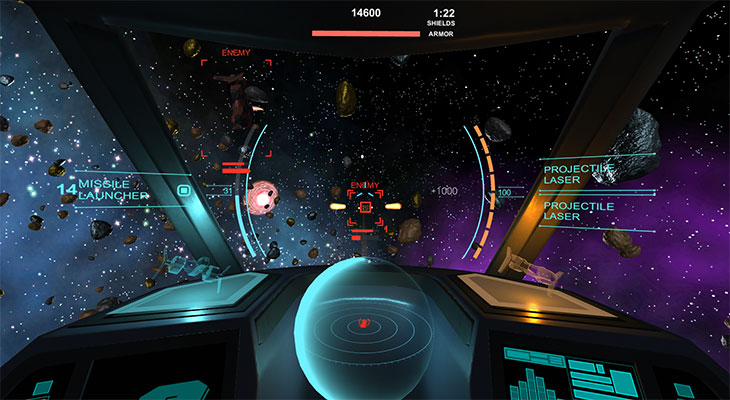
Start up
Passion. Potential. Pitches. Don't miss any of the 2025 New Venture Challenge excitement.
Tune in Friday, April 11 at 1 p.m. for great ideas and fierce competition. Then, join the judges, mentors, spectators and teams as they see who is going home with thousands of dollars in venture financing. The awards broadcast begins at 6:30 p.m. and one team will walk away as the overall best venture.
Central Michigan University’s College of Business Administration is the home of the Isabella Bank Institute for Entrepreneurship and the first Department of Entrepreneurship in the state of Michigan. We are a student-centric hub where experiential, curricular, and external entrepreneurial opportunities intersect.
Our mission is to maximize student success by fostering a campus-wide entrepreneurial mindset that promotes inter-disciplinary collaboration and the creation of new ventures.
We aim to create innovative programming, boost cross-campus and ecosystem collaboration and provide a comprehensive mentoring program.
Our institute provides extracurricular opportunities and is open to all undergraduate and graduate CMU students.
Are you interested in becoming an entrepreneur?
Every journey is unique. Explore the opportunities that interest you.
Before high-tech flight simulators teach pilots how to fly, someone has to teach the simulators how to simulate.
That's a skill computer science faculty member Alex Redei is sharing with Central Michigan University students who will be the computer professionals of the future.
"We're using all the same tools used in industry," Redei said. "We're doing interesting research that solves real problems and contributes positively to society."
The action plays out in a large open lab in the Engineering Technology Building. Powerful motors drive two life-size simulators through climbs, turns, dives and even barrel rolls. Video screens surround "pilots" enclosed in the windowless cockpits and show the results of their actions at the controls.
Redei and his team of one graduate and four undergraduate students develop software that sends pilots-in-training soaring on virtual flights.
Prepare for takeoff
Alex Redei said he is always looking for talented students to join his simulator lab: computer science majors, electrical or mechanical engineering majors, even artists. To learn about opportunities, contact him at redei1a@cmich.edu.
The team recently visited the University of Nevada, Reno, to introduce their Paragalactic space flight experience at the Fleischmann Planetarium. Redei said the team designed Paragalactic as an "edu-tainment" game to appeal to its middle school target audience. It meets science education standards while providing three levels of action:
Participants receive an "astronaut ID card" that tracks their progress through the simulation. Registering their ID with an online profile opens the ability to keep track of their scores, earn badges and compete with their friends.
"It's a really incredible opportunity, working on something as cool as this," said computer science senior Collin Van Brabant, who helped program the Paragalactic software and who designed the badge artwork.
Computer science senior John Apo joined Redei's team this semester as part of his Honors Program capstone project.
"This is giving us real-world experience in something we'll be using on the job someday," Apo said. "Also, it's really fun to play at the end of the day."
As the Paragalactic project wraps up, Redei and his students have new challenges in their sights:
"I'm proud to be a part of a research-intensive university," said Redei, who joined CMU in July 2019. He noted that CMU's Carnegie Foundation R2 classification puts it in the top 6% of all universities in terms of research output.
"Another benefit to CMU is the small class sizes," he said. "I enjoy getting to meet and work with the students. This blend of solid research and a supportive student-oriented culture sold me on coming to Central."


Explore special opportunities to learn new skills and travel the world.

Present your venture and win BIG at the New Venture Challenge.

Boost your entrepreneurial skills through our workshops, mentor meetups and pitch competitions.

Learn about the entrepreneurship makerspace on campus in Grawn Hall.

Present a 2-minute pitch at the Make-A-Pitch Competition and you could win prizes and bragging rights!

Connect with mentors and faculty who are here to support the next generation of CMU entrepreneurs.

Are you a CMU alum looking to support CMU student entrepreneurs? Learn how you can support or donate to the Entrepreneurship Institute.